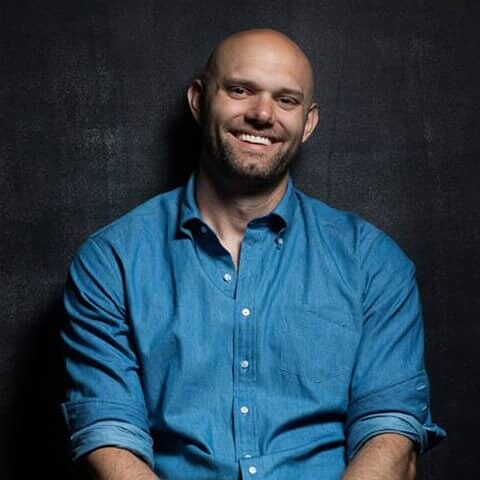 author
authorDiscover the Best Books Written by Deepak Chopra
Deepak Chopra is an Indian-American author and alternative medicine advocate. A prominent figure in the New Age movement, his books and videos have made him one of the best-known and wealthiest figures in alternative medicine. His discussions of quantum healing have been characterized as technobabble – "incoherent babbling strewn with scientific terms," which drives those who actually understand physics "crazy" and as "redefining Wrong."
Chopra studied medicine in India before emigrating in 1970 to the United States, where he completed a residency in internal medicine and a fellowship in endocrinology. As a licensed physician, in 1980, he became chief of staff at the New England Memorial Hospital (NEMH). In 1985, he met Maharishi Mahesh Yogi and became involved in the Transcendental Meditation (TM) movement. Shortly thereafter, he resigned from his position at NEMH to establish the Maharishi Ayurveda Health Center.
In 1993, Chopra gained a following after he was interviewed about his books on The Oprah Winfrey Show. He then left the TM movement to become the executive director of Sharp HealthCare's Center for Mind-Body Medicine. In 1996, he co-founded the Chopra Center for Wellbeing. Chopra claims that a person may attain "perfect health," a condition "that is free from disease, that never feels pain," and "that cannot age or die." Seeing the human body as undergirded by a "quantum mechanical body" composed not of matter but energy and information, he believes that "human aging is fluid and changeable; it can speed up, slow down, stop for a time, and even reverse itself," as determined by one's state of mind.
He claims that his practices can also treat chronic diseases. The ideas Chopra promotes have regularly been criticized by medical and scientific professionals as pseudoscience. The criticism has been described as ranging "from the dismissive to...damning". Philosopher Robert Carroll writes that Chopra, to justify his teachings, attempts to integrate Ayurveda with quantum mechanics. Chopra says that what he calls "quantum healing" cures any manner of ailments, including cancer, through effects that he claims are literally based on the same principles as quantum mechanics.
This has led physicists to object to his use of the term "quantum" in reference to medical conditions and the human body. Evolutionary biologist Richard Dawkins has said that Chopra uses "quantum jargon as plausible-sounding hocus pocus." Chopra's treatments generally elicit nothing but a placebo response, and they have drawn criticism that the unwarranted claims made for them may raise "false hope" and lure sick people away from legitimate medical treatments.
Chopra was born in New Delhi, British India, to Krishan Lal Chopra (1919–2001) and Pushpa Chopra. His paternal grandfather was a sergeant in the British Indian Army. His father was a prominent cardiologist, head of the department of medicine and cardiology at New Delhi's Moolchand Khairati Ram Hospital for over 25 years, and was also a lieutenant in the British army, serving as an army doctor at the front in Burma and acting as a medical adviser to Lord Mountbatten, viceroy of India.
As of 2014, Chopra's younger brother, Sanjiv Chopra, is a professor of medicine at Harvard Medical School and on staff at Beth Israel Deaconess Medical Center. Chopra completed his primary education at St. Columba's School in New Delhi and graduated from the All India Institute of Medical Sciences in 1969. He spent his first months as a doctor working in rural India, including, he writes, six months in a village where the lights went out whenever it rained. It was during the early career that he was drawn to study endocrinology, particularly neuroendocrinology, to find a biological basis for the influence of thoughts and emotions.
He married in India in 1970 before emigrating, with his wife, to the United States that same year. The Indian government had banned its doctors from sitting for the exam needed to practice in the United States. Consequently, Chopra had to travel to Sri Lanka to take it. After passing, he arrived in the United States to take up a clinical internship at Muhlenberg Hospital in Plainfield, New Jersey, where doctors from overseas were being recruited to replace those serving in Vietnam.
Between 1971 and 1977, he completed residencies in internal medicine at the Lahey Clinic in Burlington, Massachusetts, the VA Medical Center, St Elizabeth's Medical Center, and Beth Israel Deaconess Medical Center in Boston. He earned his license to practice medicine in the state of Massachusetts in 1973, becoming board certified in internal medicine, specializing in endocrinology.
Best author’s book


























